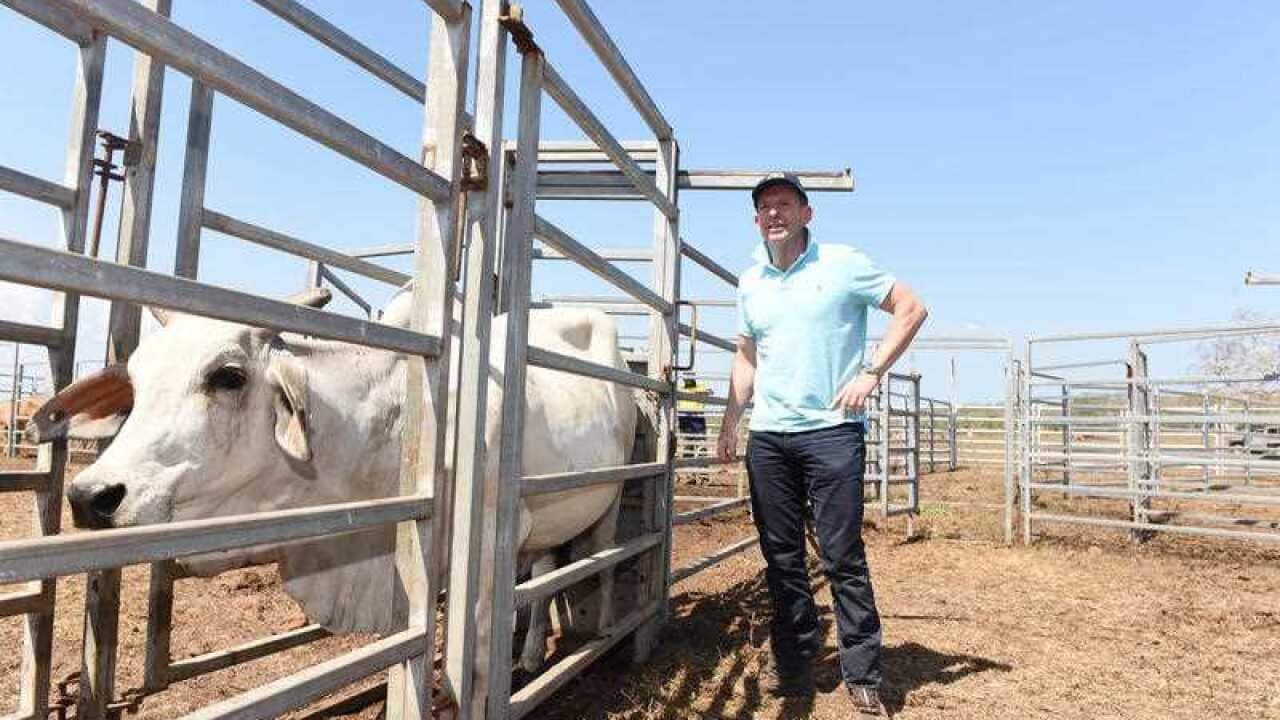Australian farmers will pay significantly for Indonesia's dramatic cut to imports of cattle, exporters believe.
But so too will Indonesian beef eaters.
Indonesia has announced it will slash its intake of Australian cattle this quarter by 80 per cent.
Only 50,000 head of cattle will be sent between July and September, down from 250,000 in the previous quarter this year.
RECOMMENDED READING:

Indonesia cuts cattle numbers, should Australia be concerned?
That's also a major reduction from the same time last year, when Australia shipped 184,000 cattle to its neighbour.
The decision has shocked live exporters who are unsure why Jakarta made the change.
The impact will be felt right across the board - from farmers and exporters to ports and other transport operators.
The Northern Territory Livestock Exporters Association could not put a figure on the lost revenue.
"But it will be a significant amount," chief executive Stuart Kemp told AAP on Tuesday.
Labor blames tense political relations with Jakarta for the decision.
Ties between the countries were further set back following the execution of Australian drug smugglers Andrew Chan and Myuran Sukumaran and concerns about turn-backs of asylum seeker boats.
"The Abbott government's relationship with Indonesia, or the deterioration of it, won't be helping at all," Labor agriculture spokesman Joel Fitzgibbon said.
That's a view shared by Queensland independent MP Bob Katter, whose Kennedy electorate is one of the biggest beef-producing areas of the country.
But he blames Labor too.
"In my lifetime I have never seen a government go out of its way to provoke its neighbour as much as the ALP and LNP governments in Australia," Mr Katter said in a statement.
However, the industry has dismissed those assumptions, pointing to domestic issues in Indonesia around live cattle and food security.
Indonesia is trying to become self-sufficient in producing cattle.
Australian Livestock Exporters Council chief executive Alison Penfold said the industry would manage.
"We have to work with what we've got," she told AAP.
However, while Australian producers will be hit hard, so too will Indonesians.
The predominantly-Muslim nation is preparing for the traditional Eid slaughter, but it will be left with fewer cattle to do so.
With supply down and demand high, Indonesians can expect to be paying more for Australian beef as a result.
A spokesman for Agriculture Minister Barnaby Joyce said the government would make representations on behalf of exporters to ensure trade ties were maintained.

